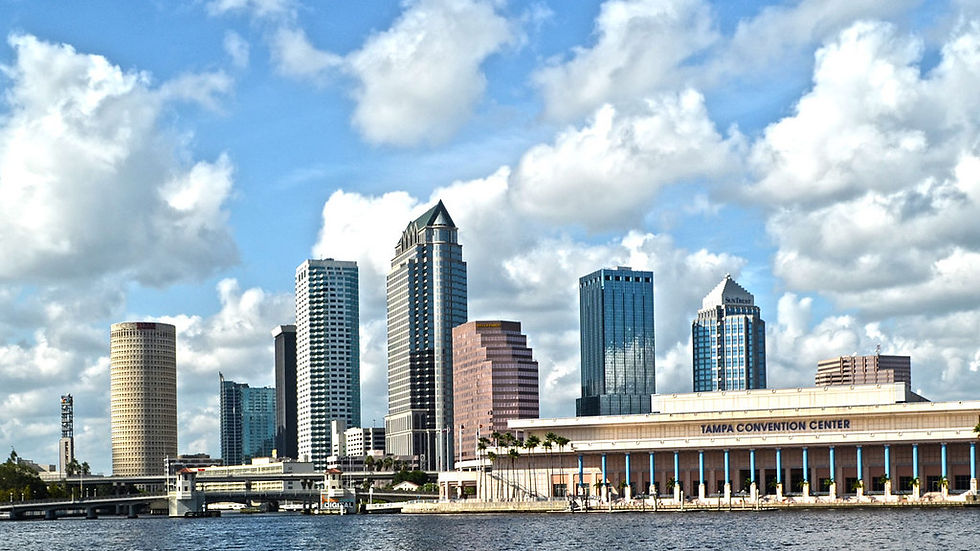The Impact of Location on Property Value
- Alexa Gomez | Homebuying Expert

- Feb 12, 2024
- 2 min read
Location is an immutable factor that profoundly influences the value, desirability, and long-term appreciation potential of a property. In the realm of real estate, the maxim "location, location, location" isn't merely a cliche; it's a fundamental truth that significantly shapes the worth and attractiveness of any property. Understanding the impact of location on property value is crucial for both buyers and sellers. Let's explore how various location factors can influence real estate prices and investment decisions.
Neighborhood Quality and Amenities
The quality of a neighborhood holds substantial weight in determining property values. Factors such as safety, cleanliness, school districts, access to parks, recreational facilities, shopping centers, and proximity to public transport can significantly enhance a neighborhood's appeal and subsequently increase property values.
Proximity to Employment Opportunities
Properties located near thriving job centers, business districts, or areas with a robust job market tend to command higher prices. Accessibility to employment opportunities and shorter commute times are appealing factors for homebuyers, impacting the demand for housing in these areas.
School Districts and Educational Institutions
Highly rated schools and proximity to quality educational institutions often result in increased demand for housing. Families prioritize living in areas with excellent schools, driving up property values in these neighborhoods.
Infrastructure and Development Plans
Areas with well-developed infrastructure, good road connectivity, public transportation, and upcoming development projects tend to attract buyers and investors. These locations often experience higher property appreciation due to the promise of improved amenities and accessibility.
Views and Natural Surroundings
Scenic views, proximity to bodies of water, parks, or natural landscapes can significantly enhance the value of a property. Homes with picturesque views or close proximity to natural surroundings tend to command higher prices.
Supply and Demand Dynamics
The balance between housing supply and demand in a particular location is a critical factor influencing property values. Areas with limited inventory and high demand often experience higher appreciation rates.
Crime Rates and Safety
Low crime rates and a sense of safety within a neighborhood contribute positively to property values. Buyers are willing to pay a premium for properties situated in safe and secure areas.
Historical and Cultural Significance
Properties located in historically significant areas or culturally vibrant neighborhoods often hold higher value due to their unique characteristics and appeal to buyers seeking a distinctive living experience.
Zoning Regulations and Future Developments
Understanding zoning regulations and potential future developments in the area is crucial. Anticipated changes in the neighborhood's landscape or zoning laws can impact property values positively or negatively.
Economic Stability of the Area
The overall economic stability and growth potential of a location significantly influence property values. Areas with a diverse and growing economy often attract more buyers and investors, leading to increased property values over time.
In conclusion, location remains a critical factor when evaluating real estate investments. While the physical attributes of a property can be enhanced, its location remains fixed. Whether you're buying or selling real estate, recognizing and comprehending the impact of location on property values is essential for making informed decisions and maximizing investment potential.






.jpg)



